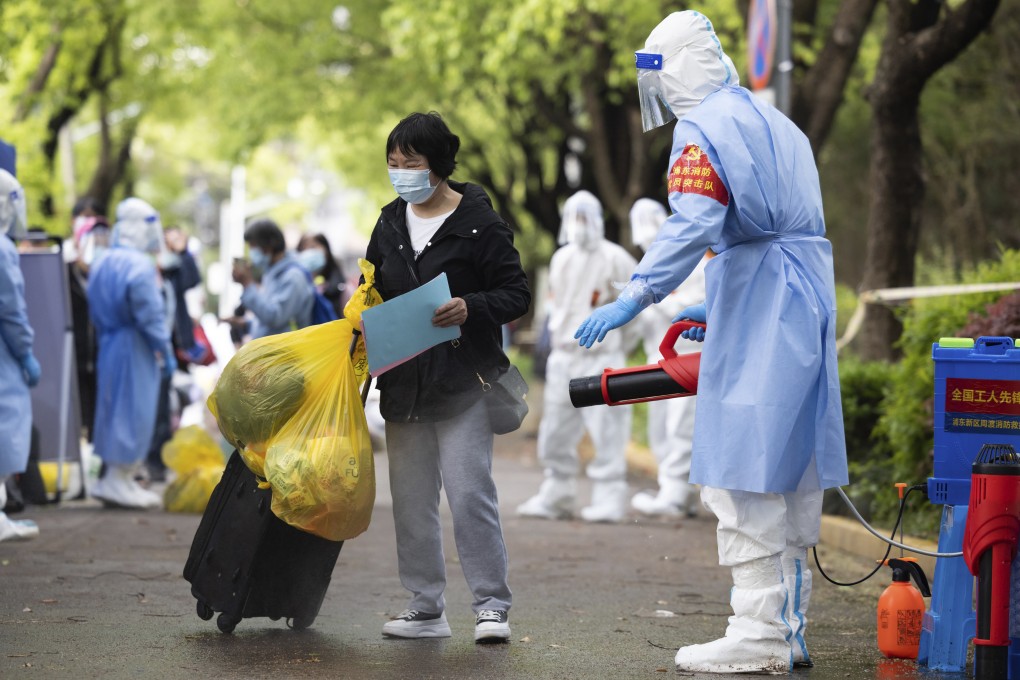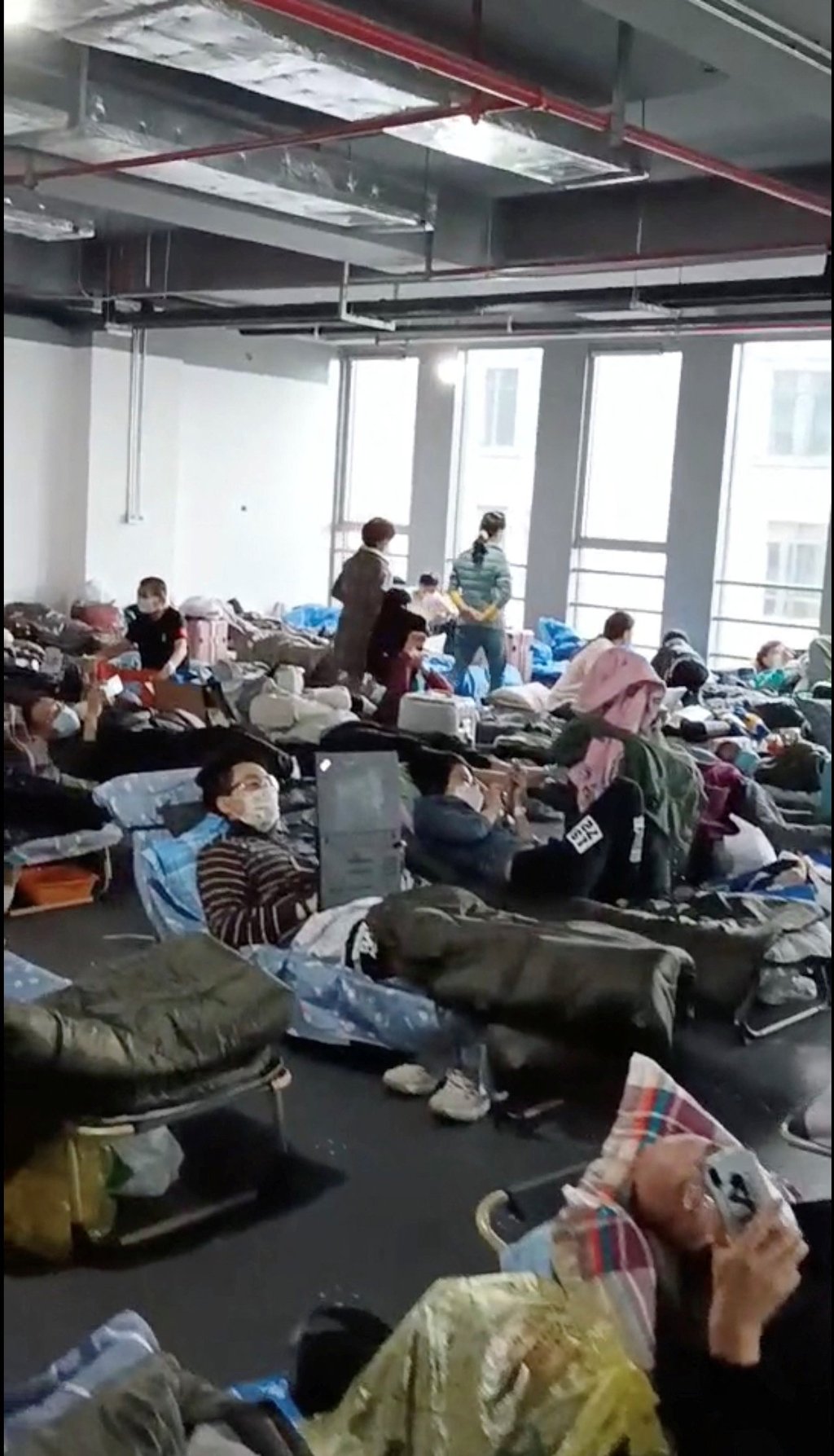China Briefing | China’s harsh zero-Covid measures risk eroding trust in the rule of law
- Several Chinese legal experts have questioned the legality of forcibly removing residents who test negative from their homes and into quarantine facilities
- They warned that such measures represent an overstep of authority, dent confidence in China’s rule of law – and set back government efforts to promote it

Brooking no criticism of its harsh zero-Covid policy, either at home or abroad, China is pushing ahead with stamping out Omicron-fuelled outbreaks – and is starting to see a glimpse of the light at the end of the tunnel, judging by the latest data and official comments.
In Shanghai, where a hard citywide lockdown is entering its seventh week, almost all new cases were confined to areas under the strictest controls, officials said on Thursday, sounding a more confident tone as they confirmed the continued downward trend of the city’s total case tally – raising expectations that some resemblance of normalcy may return by June.
Beijing, meanwhile, also reported detecting most of its new cases among people under the tightest movement restrictions. The Chinese capital has been under a soft lockdown for two weeks, and from Friday its 22 million residents were asked to work from home for three days and undergo three more rounds of mandatory testing for contact tracing purposes.

If cases continue trending downwards, the Chinese government may soon declare another phasic victory – until the virus strikes again.
But its whatever-it-takes approach to suppressing outbreaks is unsustainable, and the ramifications go far beyond individuals’ hardships and inconveniences or the negative economic impacts, which seem to be the main focus of discussions at the moment.
Constitutional and legal experts have expressed concerns both privately and publicly that some of the harshest control measures lack sufficient legal basis, while others are simply extralegal and represent a complete overstep of officials’ authority.
